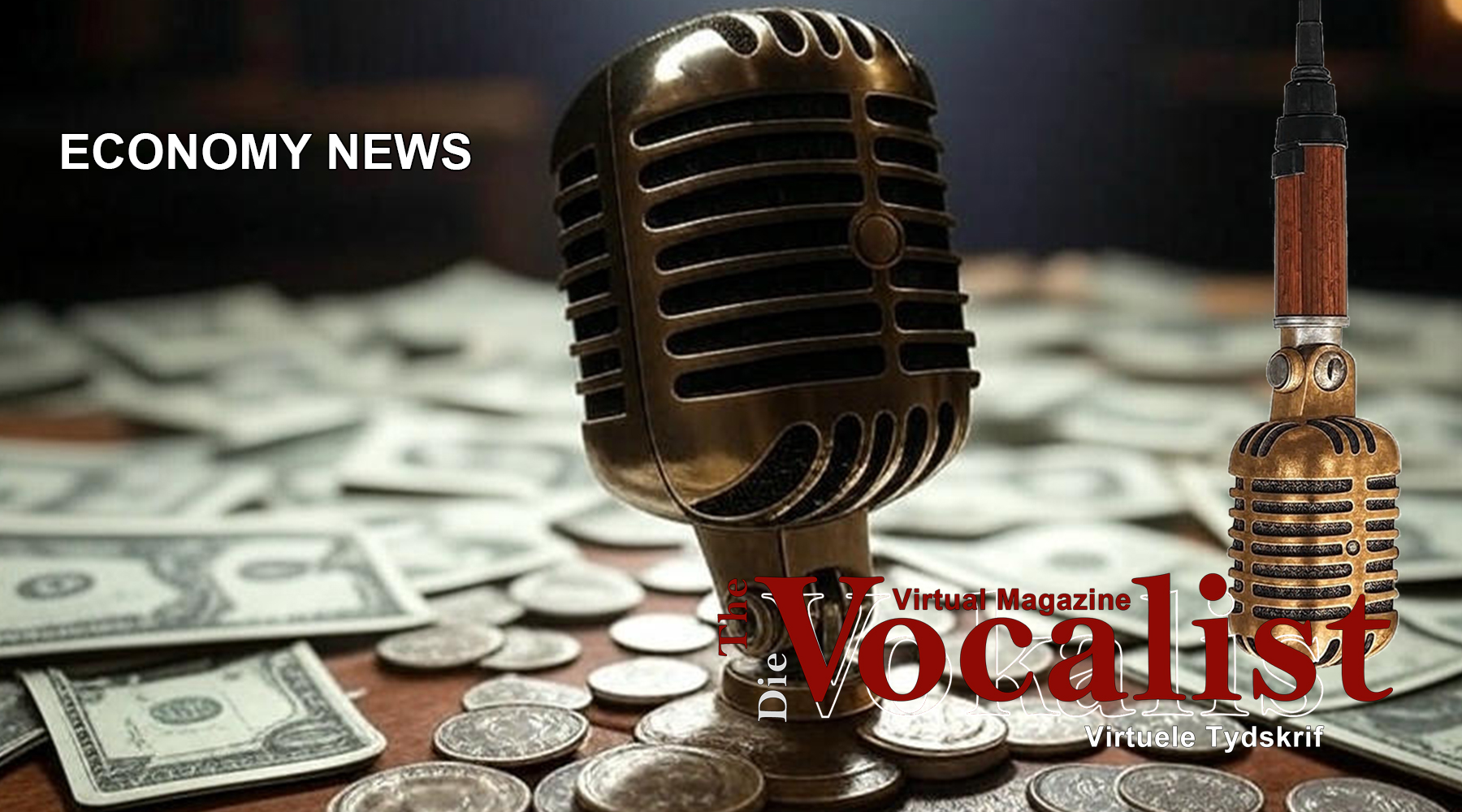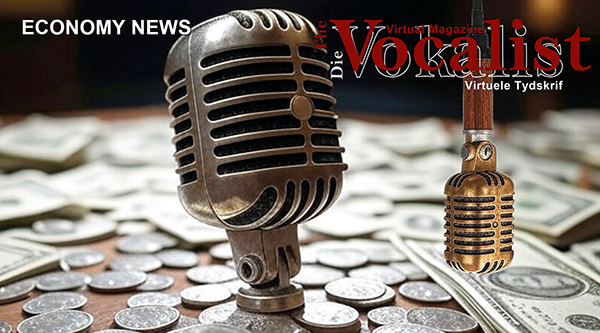Introduction
South African producer and DJ Thakzin has been named Spotify’s 2025 Southern Africa RADAR artist, a prestigious recognition announced during Spotify’s annual Soundboard event last week. This accolade places Thakzin among a global cohort of emerging talents under Spotify’s flagship artist development program, spotlighting his pioneering work in South Africa’s 3-step electronic sound. The selection not only elevates Thakzin’s career but also underscores the growing economic potential of South Africa’s electronic music scene on the global stage.
Economic Impact of the RADAR Program
Spotify’s RADAR program is designed to amplify emerging artists by providing them with promotional support, playlist placements, and access to a global audience. For Thakzin, this translates into increased streaming revenue, international exposure, and potential collaborations with global artists. According to industry reports, streaming platforms like Spotify contributed over R400 million in royalties to South African artists in 2024, a 54% year-on-year increase. Thakzin’s inclusion in the RADAR program is expected to further boost his earnings, with top South African artists like Tyla reportedly earning $657,800 in a single month across audio platforms.
The economic ripple effect extends beyond Thakzin. His success highlights South Africa’s electronic music scene, particularly the 3-step genre, which blends deep house, afro-tech, and amapiano influences. This genre’s rising popularity attracts investment from international labels and festival organizers, creating opportunities for other local producers, DJs, and sound engineers. For instance, the IMS Business Report 2025 notes an 18% increase in electronic music acts at global festivals, up from 13% in 2021, signaling growing demand for artists like Thakzin.
Cultural and Industry Significance
Thakzin’s selection also reflects Spotify’s commitment to inclusivity and the evolving role of AI in music discovery, themes emphasized at the Soundboard event. AI-driven playlists and recommendation algorithms enhance artists’ visibility, enabling South African musicians to reach listeners in markets like the U.S. and Europe without traditional gatekeepers. This democratization of music distribution reduces economic barriers for independent artists, who often earn less than R10,000 monthly in South Africa.
Moreover, Thakzin’s rise supports job creation in ancillary sectors like music production, event management, and digital marketing. South Africa’s creative economy employs over 700,000 people, and programs like RADAR amplify its economic contributions by fostering sustainable careers. Thakzin’s global exposure could also draw tourism revenue through festival appearances, as seen with Ultra South Africa, the only African festival in DJ Mag’s Top 100 Festivals of 2025.
Challenges and Future Outlook
Despite the opportunities, challenges persist. Many South African artists struggle with low earnings due to limited access to global markets and inadequate royalty structures from local broadcasters like the SABC, which has faced legal action for non-payment. Thakzin’s success, however, sets a precedent for leveraging international platforms to overcome these hurdles. His focus on 3-step could inspire innovation in South Africa’s electronic music, potentially attracting more investment and fostering economic resilience for the industry.
Conclusion
Thakzin’s designation as Spotify’s 2025 Southern Africa RADAR artist is a milestone for South Africa’s electronic music scene, promising economic benefits through increased streaming revenue, global exposure, and industry growth. As he joins the ranks of artists like Black Coffee, who earned $93,800 in a month, Thakzin’s journey highlights the transformative power of digital platforms in uplifting South African musicians economically and culturally.
Discover more from Vocalist
Subscribe to get the latest posts sent to your email.





